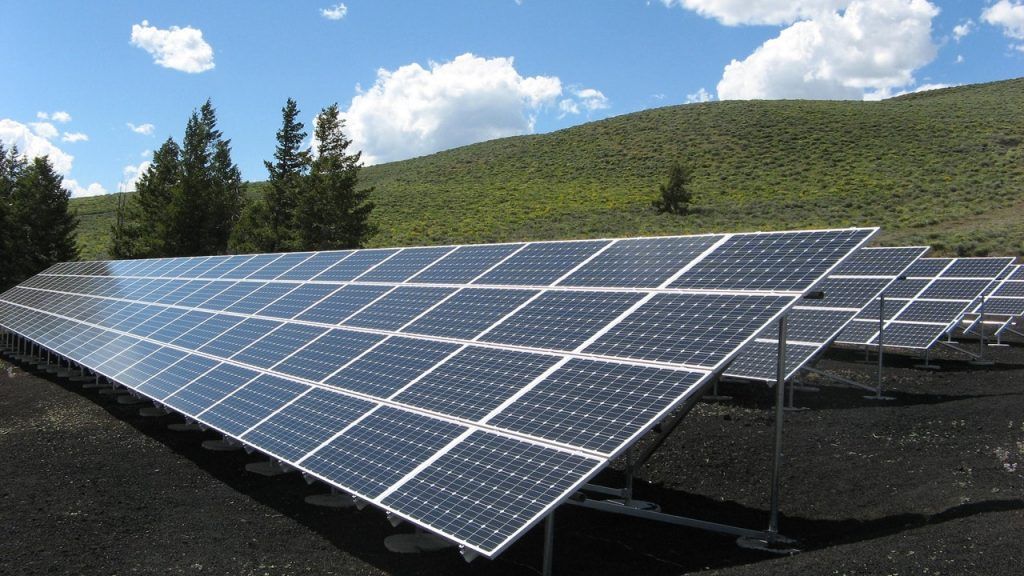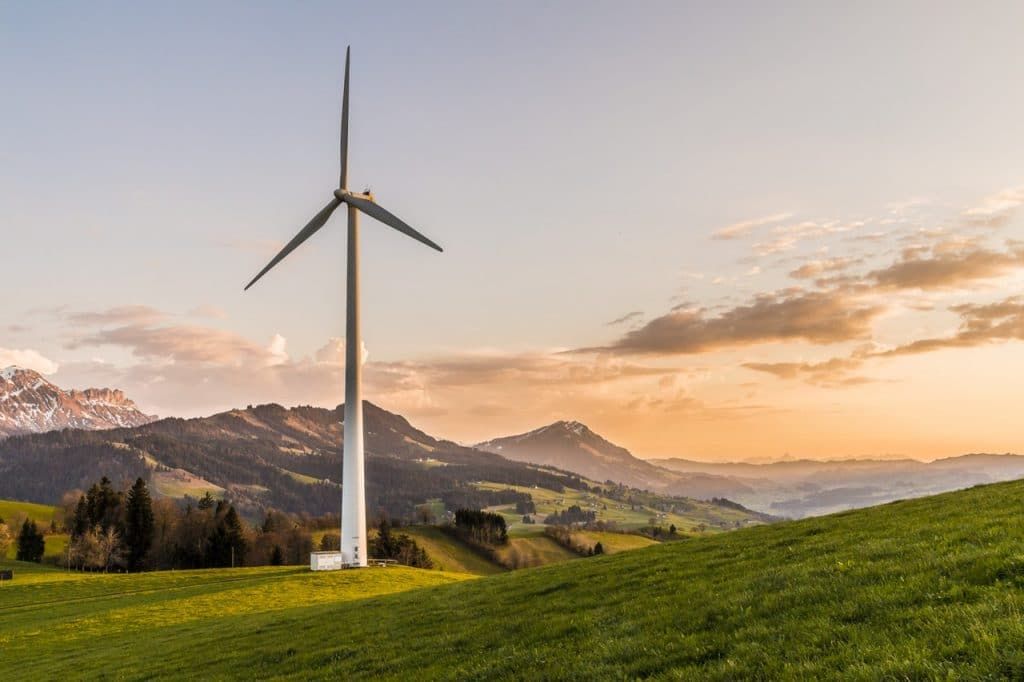
Crowdfunding in Ecology: invest in projects that are important to you
Participatory financing is traditionally associated with donations between individuals to support artistic or solidarity projects. However, the scheme can also take other forms involving financial contributions. Also, the system is more accessible than the institutional financial circuit.
This is an advantageous alternative for project developers and individual investors.
C’What is a crowdfunding site ?
The crowdfunding in ecology is experiencing a remarkable boom with the acceleration of the energy transition and the multiplication of dedicated platforms. That said, the formula was already popular with entrepreneurs and savers long before this popular craze. This alternative method of financing is appreciated by small and medium-sized businesses and individuals because of its flexibility.
By definition, crowdfunding is a device to fund various projects through fundraising from specific contributors. The expression "participatory financing" allows to understand how it works. The process itself has existed for many years.
For example, it helped finish the assembly of the Statue of Liberty in New York, according to historians.
Currently, participatory financing campaigns are often conducted on websites that are not accessible to the general public specific platforms. The model remains unchanged, however. The objective is to raise funds to support a project leader.
The latter can evolve in the world of art, culture, real estate, agriculture, etc. In all cases, the beneficiary will be able to carry out his or her initiative thanks to collective financing.
General crowdfunding sites are open to all types of projects as well as to individual and professional investors. On the other hand, specialized platforms target specific sectors or profiles. There are services dedicated to the financing of companies, self-employed, innovations, ecological projects, etc.
Why invest in projects that are good for the planet ?

The development of the crowdfunding in ecology is driven by the growing interest in participatory financing in general. Moreover, it is a unique opportunity to limit one's environmental impact while investing. However, you must be careful with the formulas proposed before joining a participative platform. Depending on the site, you can in particular :
- Make donations, either free of charge or for in-kind rewards ;
- Financing loans for project owners, with or without interest;
- Invest in companies, against shares, debt securities, etc.
In the first case, you will be part of the generous donors of a project that is particularly close to your heart. The beneficiaries Nevertheless, they tend to show their appreciation through a symbolic gesture. A cultural event, for example, often offers free entries, while an organic farm will rather offer filled baskets.
However, these rewards are not mandatory.
In the second case, you will be a lender for the entrepreneurial project. You will be reimbursed according to the conditions mentioned on the crowdfunding website (delay, interest, etc.).). According to the regulations in force, the investment is limited to 2,000 euros for loans with interest.
You can, however, contribute up to 5,000 euros in the non-remunerated formulas.
In the last case, you will be a real investor financing startups or unlisted companies. In return, these young companies offer financial securities in the form of shares, bonds, royalties or minibons. This formula is potentially more lucrative, but involves risks like any other investment.
Examples of participative financing platforms dedicated to the environment’Ecology

Crowdfunding platforms currently cover themes such as ecology, the new technologies, l'organic farming or ecoresponsible, etc. By diversifying, the sector has managed to collect 1.4 billion euros in 2019, according to FPF (Financement Participatif France). Thus, the amounts raised have largely increased compared to the 167 million’401.7 million in 2015 and’euros in 2018.
Since its inception, the crowdfunding in ecology has taken on different forms. Indeed, participatory financing sites approach the environmental issue from different perspectives. EnerFip, for example, invites you to invest in renewable energy with an average return of between 4 and 6% for a minimum amount of 10 euros.
Lumo is also evolving in the same segment.
Lendopolis, for its part, allows you to finance the projects of real estate developers and actors in renewable energy. Moreover, the platform often highlights its contribution to the real economy through loans and capital investments. On its side, Lendosphere brings together a wide variety of sustainable development initiatives.
You can also invest in capital or provide loans on this site.